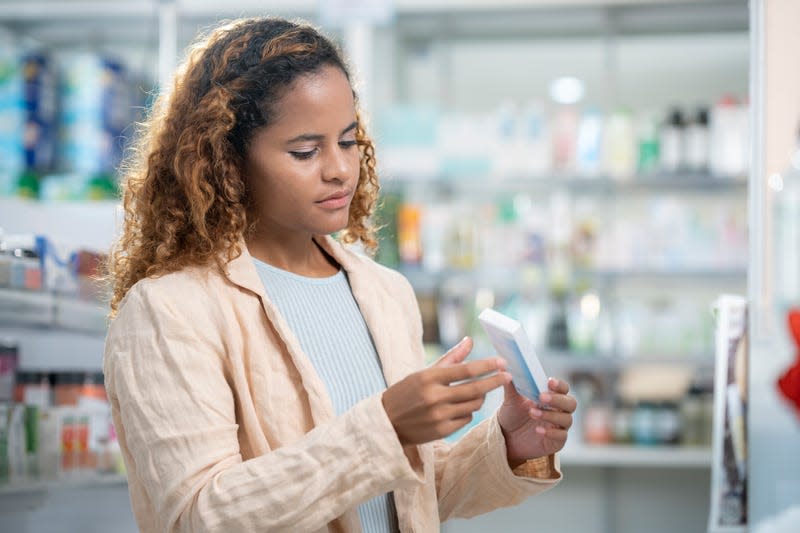The "OPill" Birth Control Has Changed The Game For Black Women

Tired of having to hunt down a healthcare provider every time you need to re-fill your birth control? If so, you’re going to love this new announcement from the U.S. Food and Drug Administration. On Thursday, the F.D.A approved the first-ever over-the-counter daily birth control pill. The daily pill, Opill, will soon be available for purchase at major retailers and online stores without a prescription.
The news marks a massive turning point in access to contraceptives in the wake of an unprecedented attack on abortion rights. And for Black Americans, the news is particularly noteworthy. A study published in the International Reproductive Health Journal found that Black people and other minority groups face a host of barriers to accessing birth control. And what do you know, making birth control available over the counter was a major recommendation from researchers.
Read more
Aside from Halle Bailey, Here Are Other Black Disney Actors and Characters We Love
15 Priceless Black Twitter Moments Worth Remembering [Updated]
Ahead of the announcement, The Root sat down with one of the study’s authors to get to the bottom of why Black people struggle to access birth control and why making it available over the counter is such a game changer.
“Despite the popularity and the decades of safe use and research contraception, many people still face barriers to birth control,” says Sarah Baum, a senior research scientist at Ibis Reproductive Health. “And we know that these barriers fall the hardest on young people and Black, indigenous, and people of color.”
Researchers surveyed over 700 BIPOC people (including transgender and non-binary people) in the United States and discovered that roughly 45 percent of participants faced at least one barrier to accessing birth control within the last year.
Baum’s study didn’t break out the barriers by racial minority groups. But Jennifer AmenKheti Queen, whose organization Black Women for Wellness partnered with the researchers, was more than willing to dig into the nitty gritty of why Black people struggle to access birth control.
Getting access to a prescription is a major barrier for Black Americans, says Queen. “Black people and people of color, in general, are more likely to be uninsured and live in communities that are less resourced,” says Queen. “So we might have clinics where you might be able to get contraception. But those clinics might have reduced hours, or they might not have the full spectrum of contraceptive choices. And when women have to go to the doctor, they might be dealing with the high cost of those contraceptive visits.”
Additionally, because of bad experiences with medical racism, not everyone is comfortable going to a doctor’s office for a check-up, she says. Making birth control over the counter doesn’t fix these underlying issues, but it does make it a whole lot easier, says Queen.
Researchers found that 67 percent of survey respondents said that they were likely to use over-the-counter contraceptives. And even more importantly, 57 percent of respondents who hadn’t used contraceptives within the last year said that they were likely to use over-the-counter birth control.
“One thing we know is the less that we have to interact with doctors and health care centers, the fewer barriers we’re gonna face, the less discrimination we might face,” she says. “[Making birth control over-the-counter is] gonna greatly mitigate some of these barriers to access.”
More from The Root
Sign up for The Root's Newsletter. For the latest news, Facebook, Twitter and Instagram.

